Events
-
-
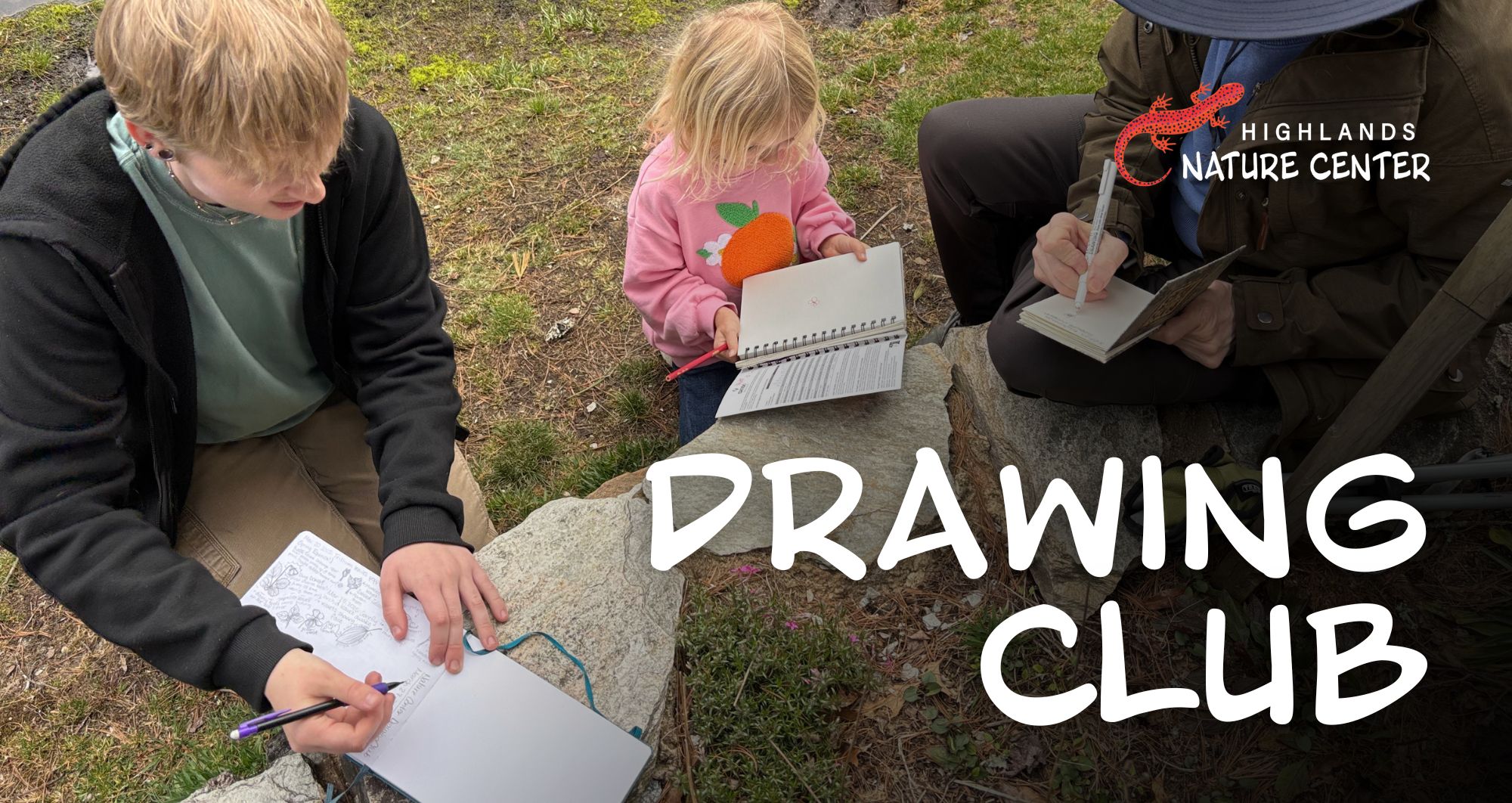
Nature Center Drawing Club
Highlands Nature Center 930 Horse Cove Rd., Highlands, NC, United StatesDo you enjoy drawing or find inspiration in nature? Join us for the Nature Center’s Drawing Club! We’ll start with a drawing prompt and then spend some time out on the garden trails. Supplies will be available, but feel free to bring your own sketchbook and materials. All ages welcome FREE | No registration required Meet at the Nature Center | 930 Horse Cove Rd Program funded by:
Free -
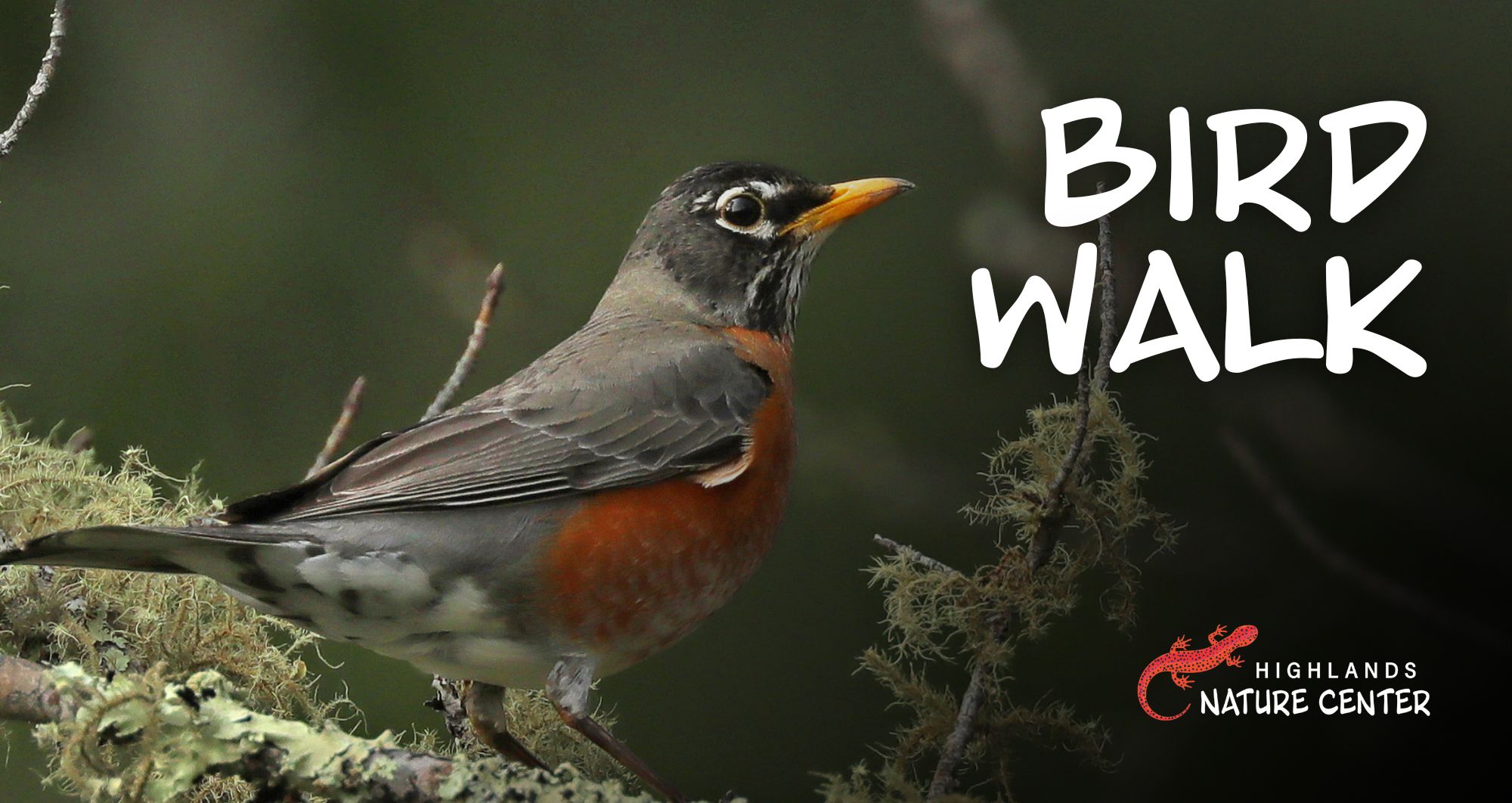
Morning Bird Walk
Highlands Nature Center 930 Horse Cove Rd., Highlands, NC, United StatesEyes to the skies! Birders of all skill levels are welcome to join us as we take an easy walk around the garden to find our feathered friends. Binoculars available to borrow. All ages welcome FREE | No registration required Meet at 111 Lower Lake Rd Weather dependent Program funded by:
Free -

Black Bear Bonanza! (All Day Drop-In)
Highlands Nature Center 930 Horse Cove Rd., Highlands, NC, United StatesJoin us at the Nature Center for drop-in learning about black bears! All ages welcome | FREE | No registration required! Program funded by:
Free -
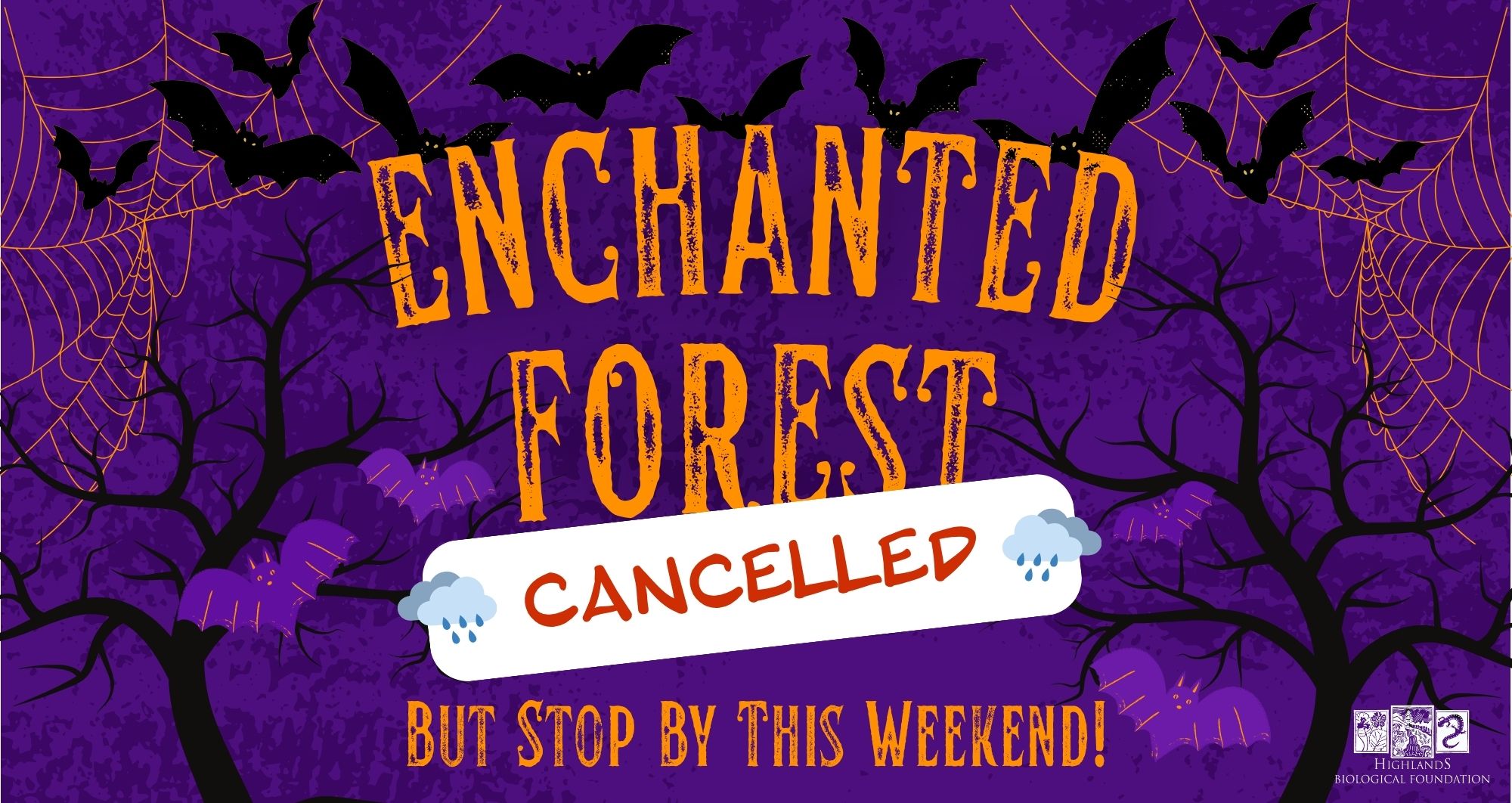
Enchanted Forest – Cancelled – But Stop By This Weekend!
Highlands Biological Station Amphitheater 930 Horse Cove Road, Highlands, NC, United States🌧 UPDATE: Enchanted Forest Cancelled Due to Monday's rain, our forest trails are too soggy and slippery for tonight’s Enchanted Forest event — but the fun isn’t over! 🎃 Join us this Friday & Saturday (Oct 31–Nov 1) for a self-guided Halloween Scavenger Hunt through the Highlands Botanical Garden between 10 AM–4 PM. Then, head inside the Highlands Nature Center for hands-on activities, trick-or-treating, and Halloween crafts! Make your own treat bag, grab some goodies, and show off your costume. 👻 📍 Highlands Nature Center | 930 Horse Cove Rd 🎟️ FREE | No registration required ------- The Highlands Biological Foundation invites you to The Enchanted Forest! A family-friendly program Tuesday, October 28, 5:00-6:30 pm. Come trick-or-treating along the forest trails of the Highlands Botanical Garden and learn more about some creatures that we associate with Halloween! FREE | No registration necessary Costumes encouraged! Meet in the amphitheater behind Highlands Nature Center (930 Horse Cove Rd). Weather dependent Program funded by:
Free -
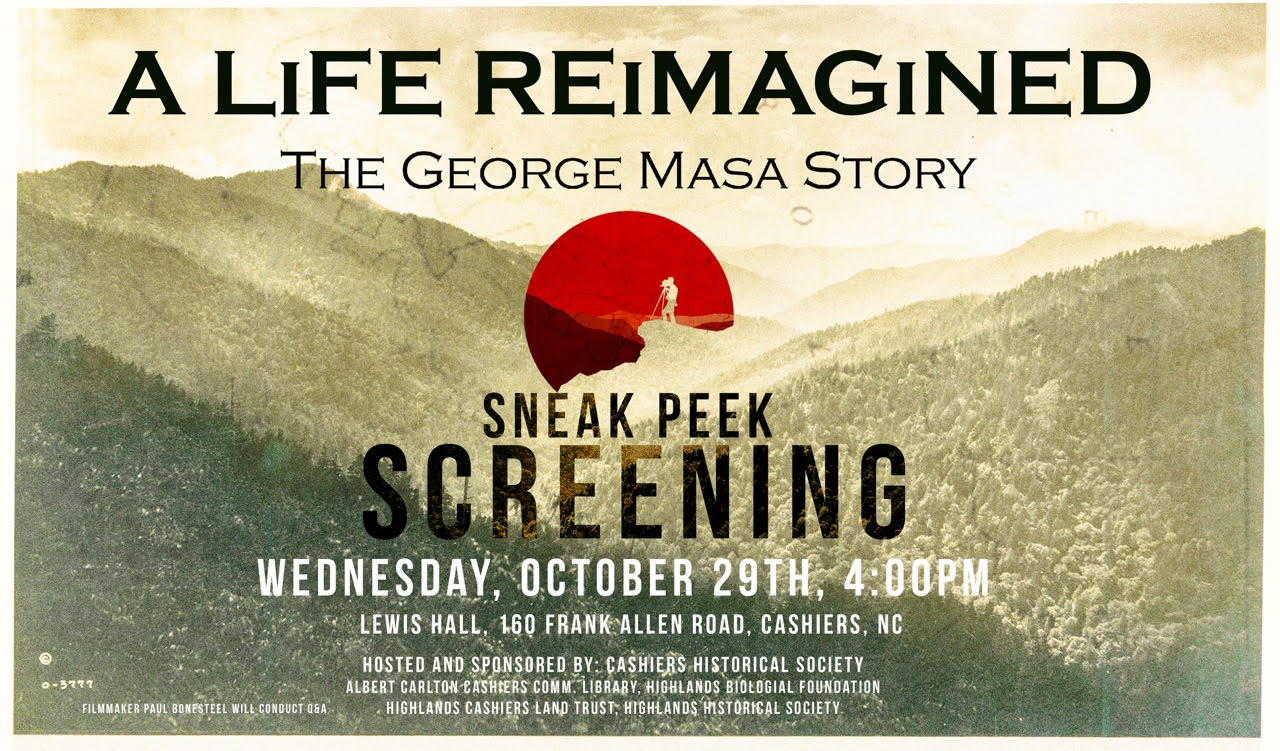
A Life Reimagined: The George Masa Story
Lewis Hall 160 Frank Allen Road, Cashiers, NC, United StatesA Life Reimagined: The George Masa Story Date: Wednesday, October 29, 2025Time: 4:00 PMLocation: Lewis Hall, 160 Frank Allen Road, Cashiers, NCAdmission: Free and open to the public In 1915, a young, charismatic Japanese man with a mysterious past entered the Appalachian culture of Asheville, North Carolina. Suspected of being a spy and targeted by the Ku Klux Klan, he persevered with a passion for photography and for the mountains he adopted—bringing to life the landscapes that would become the Great Smoky Mountains National Park and the Appalachian Trail. A Life Reimagined: The George Masa Story dives deep into the life of the man known as George Masa through groundbreaking genealogical and historical research. The film reveals how and why Masa left Japan, his stormy period in the Pacific Northwest, and his journey to the Southern Appalachian Mountains, where he reinvented himself as a talented and influential photographer, filmmaker, businessman, mapmaker, hiker, and friend to many. Told through a cinema verité style and featuring passionate researchers, archivists, historians, and activists in both the United States and Japan, the film blends anime-style imagery with hundreds of Masa’s own photographs to illustrate his extraordinary story and the timeless beauty of the region. Ultimately, A Life Reimagined: The George Masa Story celebrates how one inspired man from Japan overcame fear, intimidation, and loneliness to capture images of another culture and landscape that became personally redemptive and deeply influential in shaping the conservation legacy of the Southern Appalachians. Hosted and sponsored by:Cashiers Historical SocietyAlbert Carlton–Cashiers Community LibraryHighlands Biological FoundationHighlands-Cashiers Land TrustHighlands Historical Society
Free -
-

Snake Feeding
Highlands Nature Center 930 Horse Cove Rd., Highlands, NC, United StatesSaturdays in November (through 11/22) Watch our resident snakes enjoy their lunch while learning all about these fascinating reptiles! Program provided by:
Free -

Snake Feeding
Highlands Nature Center 930 Horse Cove Rd., Highlands, NC, United StatesSaturdays in November (through 11/22) Watch our resident snakes enjoy their lunch while learning all about these fascinating reptiles! Program provided by:
Free -
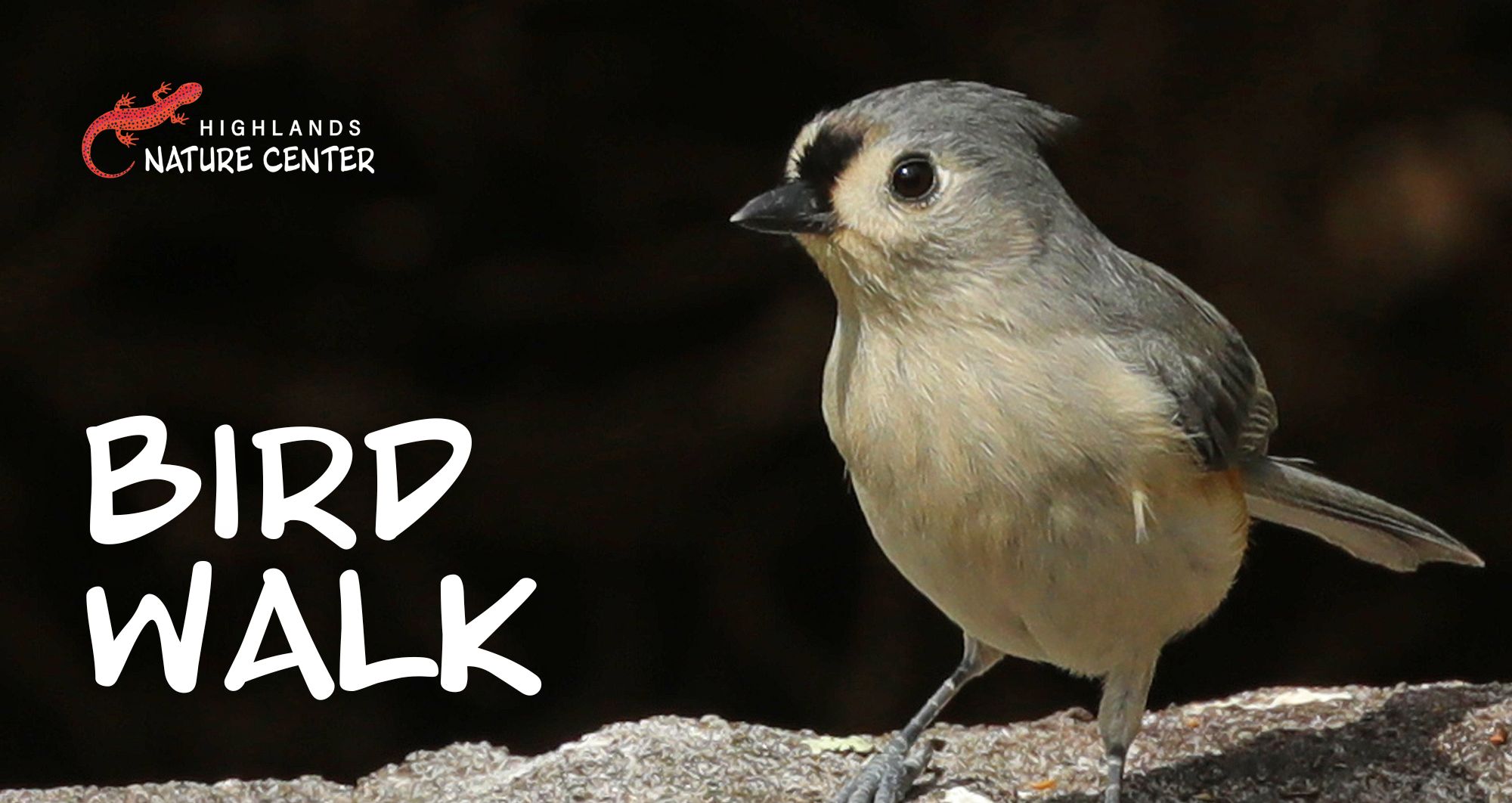
Morning Bird Walk
HBS North Campus 111 Lower Lake Road, Highlands, NC, United StatesEyes to the skies! Birders of all skill levels are welcome to join us as we take an easy walk around the garden to find our feathered friends. Binoculars available to borrow. All ages welcome FREE | No registration required Meet at 111 Lower Lake Rd Weather dependent Program funded by:
Free -

Snake Feeding
Highlands Nature Center 930 Horse Cove Rd., Highlands, NC, United StatesSaturdays in November (through 11/22) Watch our resident snakes enjoy their lunch while learning all about these fascinating reptiles! Program provided by:
Free -

Snake Feeding
Highlands Nature Center 930 Horse Cove Rd., Highlands, NC, United StatesSaturdays in November (through 11/22) Watch our resident snakes enjoy their lunch while learning all about these fascinating reptiles! Program provided by:
Free

Recent Comments